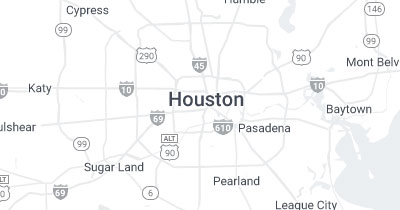Are you drinking too much during quarantine? Here are ways to stop.
- Updated on: 2020-05-21
- Read original article here

I get it. You’re bored. You’re restless. The world feels different and changing and scary, and you’re looking for a tiny piece of euphoria in the middle of all this uncertainty.
Are you going to find it in a bottle? Maybe, but not for long. And the damage you might be doing during your quarantine drinking could linger beyond the COVID-19 outbreak.
The Centers for Disease Control and Prevention defines moderate drinking as up to one drink a day for women and two for men. As an addiction medicine specialist, I have to tell you—I don’t see an upside to having more than a drink a day. Even then, whatever boost you get from drinking you can find in a healthier place. Let’s explore what’s going on and how you can keep yourself from overdoing it.
U.S.liquor sales have skyrocketed since stay-at-home orders have gone into place across the country. One week in March saw sales up 54% over the previous year. Online sales have seen triple-digit percentage increases.
What’s driving this? A few factors. Simply put, folks are bored, and there’s a growing frustration in not being able to get out. Some are worried or having trouble sleeping and using alcohol as a sedative. (This doesn’t work, by the way. Alcohol might put you to sleep, but it reduces the quality of your sleep).
In addition, the lack of structure to our days makes some feel like they have permission to drink as much and as often as they want. They don’t have to worry about driving anywhere or going into the office with a hangover, and they’re not waiting until 5 p.m. on a Friday night to crack open a beer. Weekend drinkers are living an eternal weekend.
For a lot of people, this increased drinking will be similar to what they do on vacation. And when this particular “vacation” is over, they’ll buckle down, lay off the bottle and get serious again.
But for others, it will continue. Research has shown us that the more you drink, the more you risk developing a drinking problem. Your tolerance increases and you need to consume more to achieve the effect you desire. If you start drinking more, you’ll be likely to continue.
In the short-term, drinking is also contributing to the spike in domestic violence cases we’re seeing during the COVID-19 outbreak. And it’s sending some drinkers on a downward mental health spiral (it’s one of those ironic things—you drink because you’re depressed, but alcohol makes depression worse).
For many, this is far from harmless fun.
Like I said, I know you’re restless. But you have options besides drinking, and I know you can choose them. How? Because at the moment I write this, months into the COVID-19 outbreak, not a single one of my patients has experienced a relapse. They’ve found creative ways to get support (group Zoom meetings, for example) and have been able to avoid some strong triggers (by not being around other drinkers or keeping alcohol in the house).
They’re also finding healthy ways to use this spare time we suddenly find ourselves trying to fill. We can all practice these.
Above all, try to take a step back and look at what you’re doing. Our culture puts so much emphasis on drinking, but it’s not what it’s cracked up to be. A lot of it is mindless. It steals our precious time together. Just ask yourself: Do I really want this?
Brad Lander is a clinical psychologist and addiction medicine specialist at The Ohio State University Wexner Medical Center.





